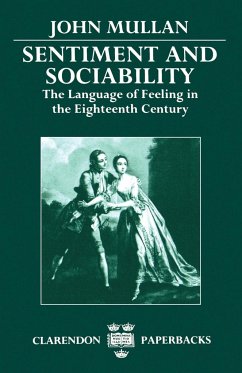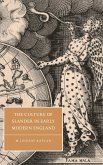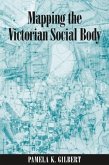With the rise of the novel in the mid-eighteenth century came the rise of sentimentalism. While the fondness for sentiment embarrassed later literary critics, it originally legitimized a morally suspect phenomenon: the novel. This book describes that legitimation, yet it looks beyond the narrowly literary to the lives and expressed philosophies of some of the major writers of the age, showing the language of feeling to be a resource of philosophers like David Hume and Adam Smith, as much as novelists like Richardson and Sterne.
This study examines the autobiographical writing of Samuel Richardson, Laurence Sterne, and David Hume, who chronicled the peculiarly intimate relationships between the texts they produced and the social lives they lived. Each relied on a language of feeling to represent social bonds they considered necessary, discovering, through their writing, a sociability dependent on the communication of passions and sentiments. This discovery, Mullan argues, played a critical role in the development of the eighteenth-century fiction now called sentimental.
This study examines the autobiographical writing of Samuel Richardson, Laurence Sterne, and David Hume, who chronicled the peculiarly intimate relationships between the texts they produced and the social lives they lived. Each relied on a language of feeling to represent social bonds they considered necessary, discovering, through their writing, a sociability dependent on the communication of passions and sentiments. This discovery, Mullan argues, played a critical role in the development of the eighteenth-century fiction now called sentimental.








